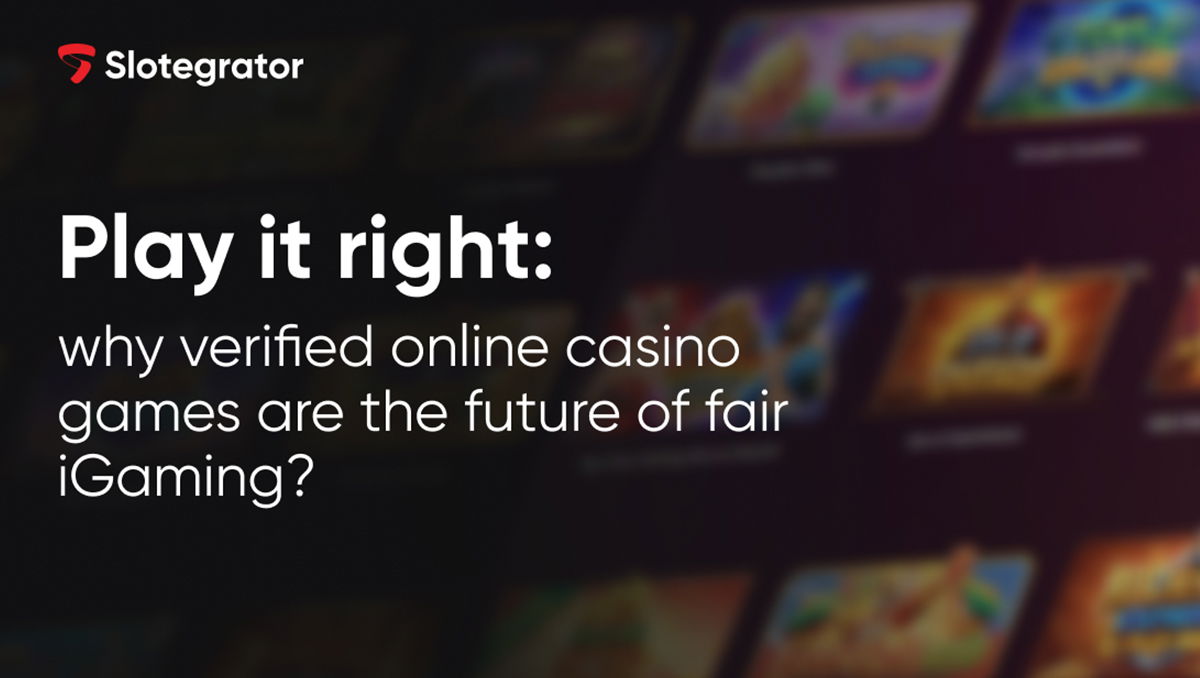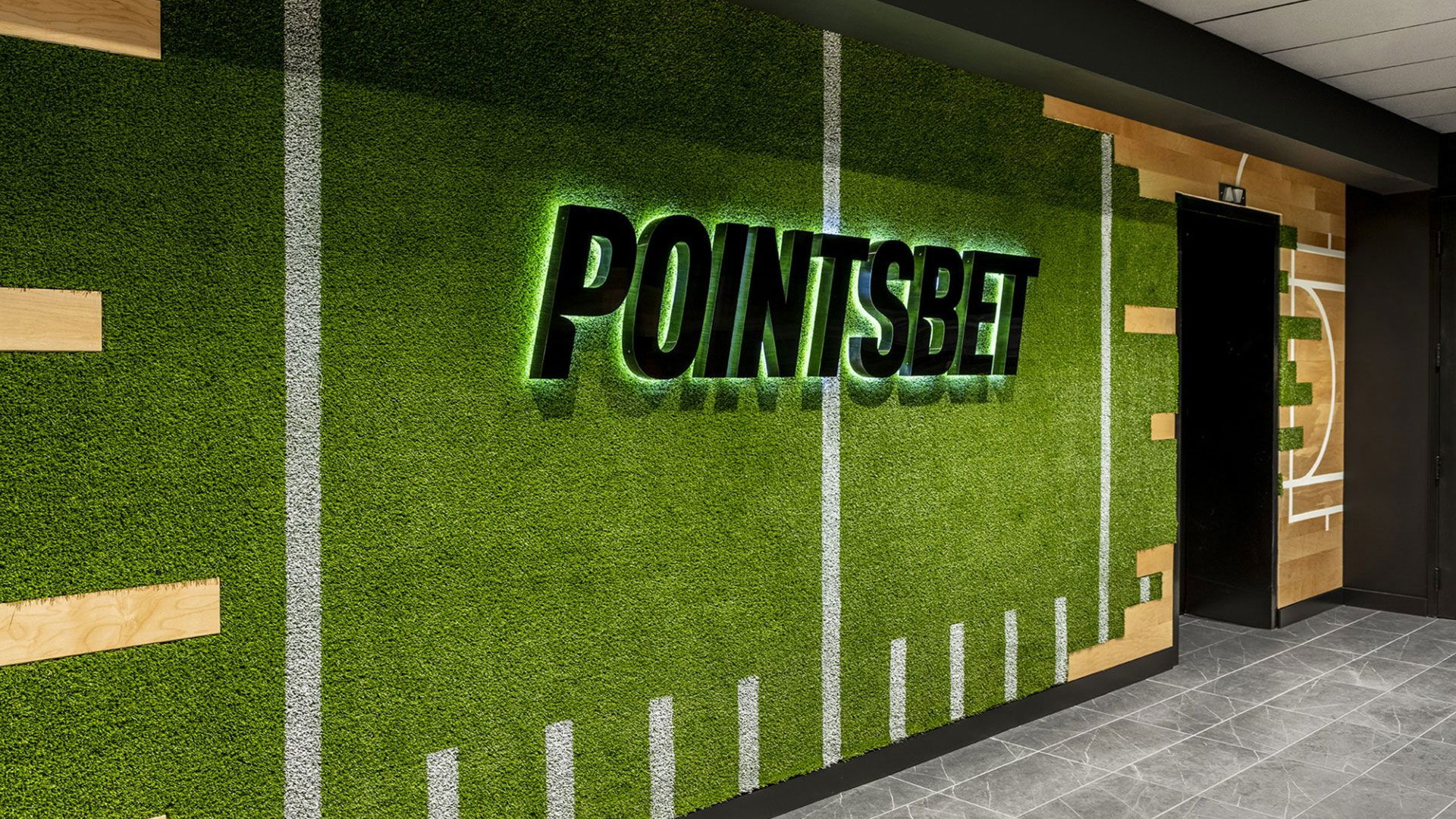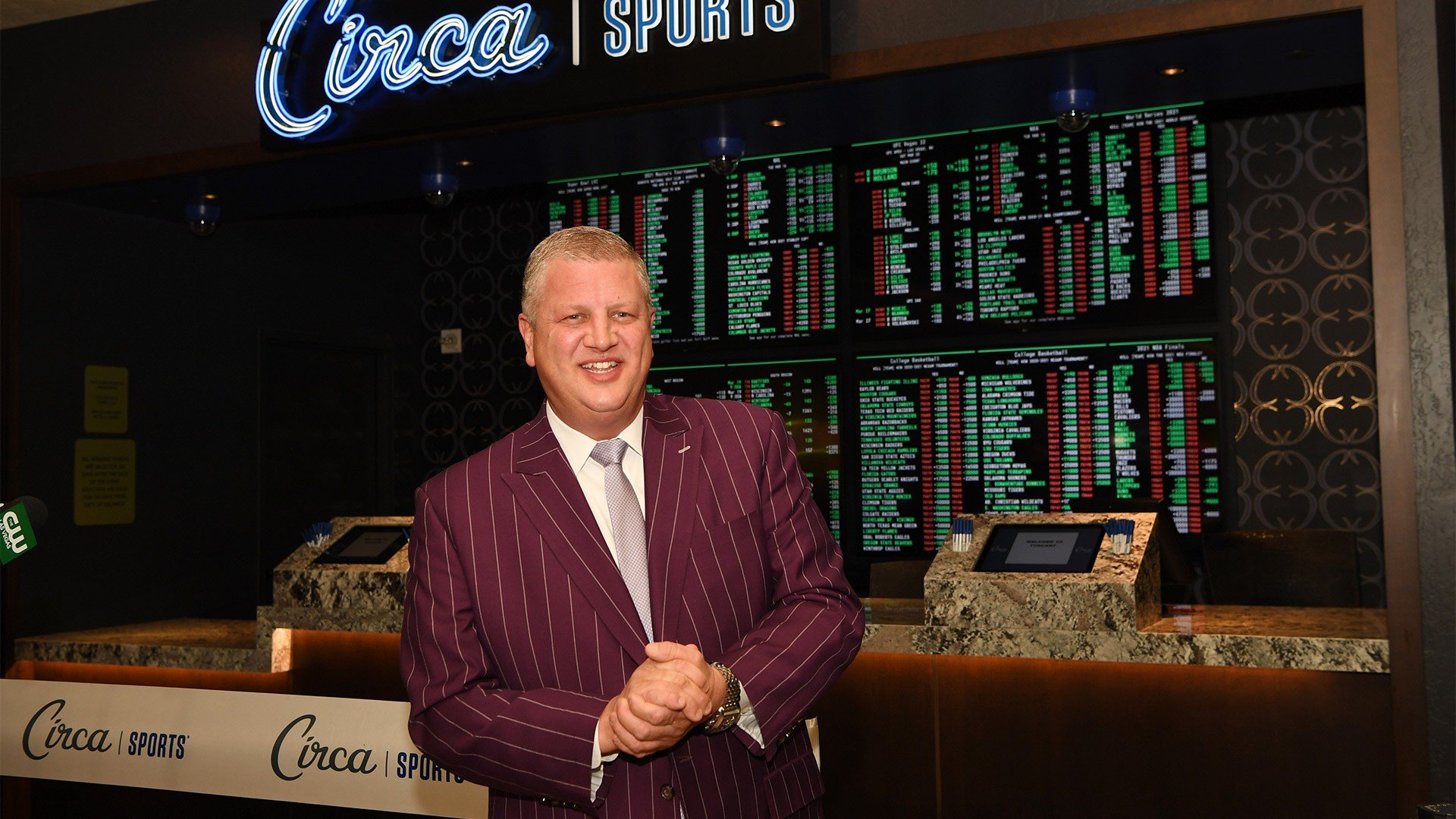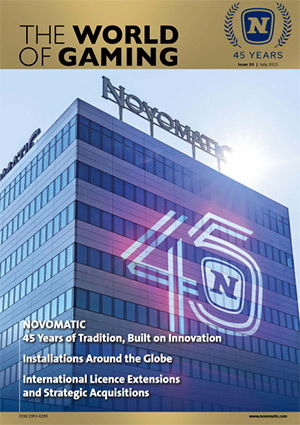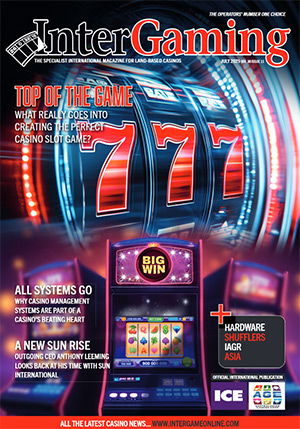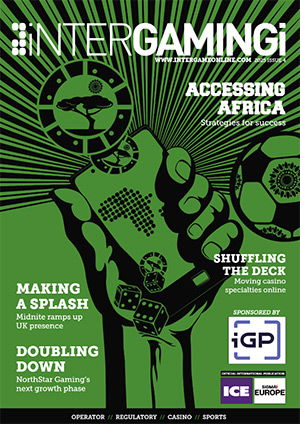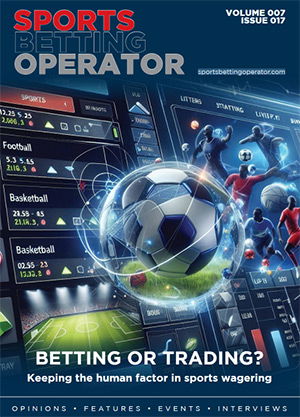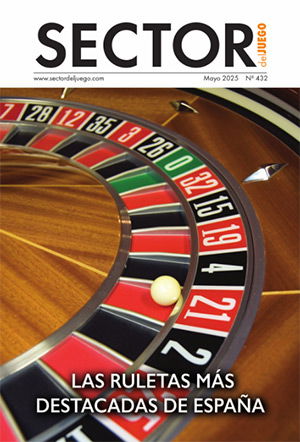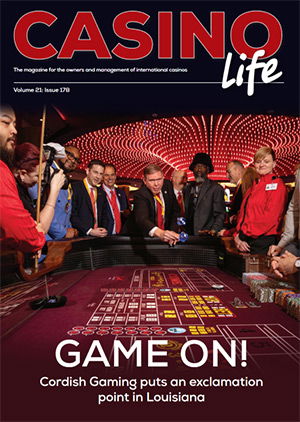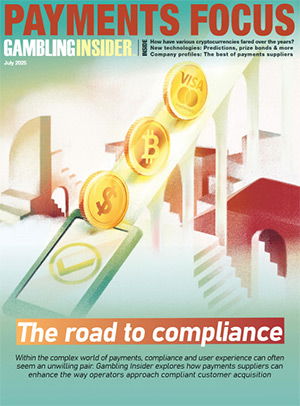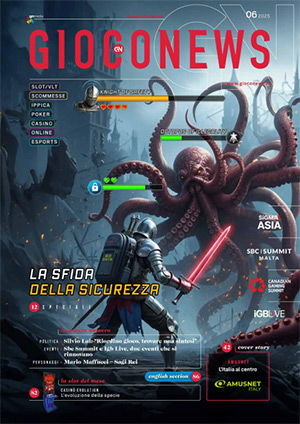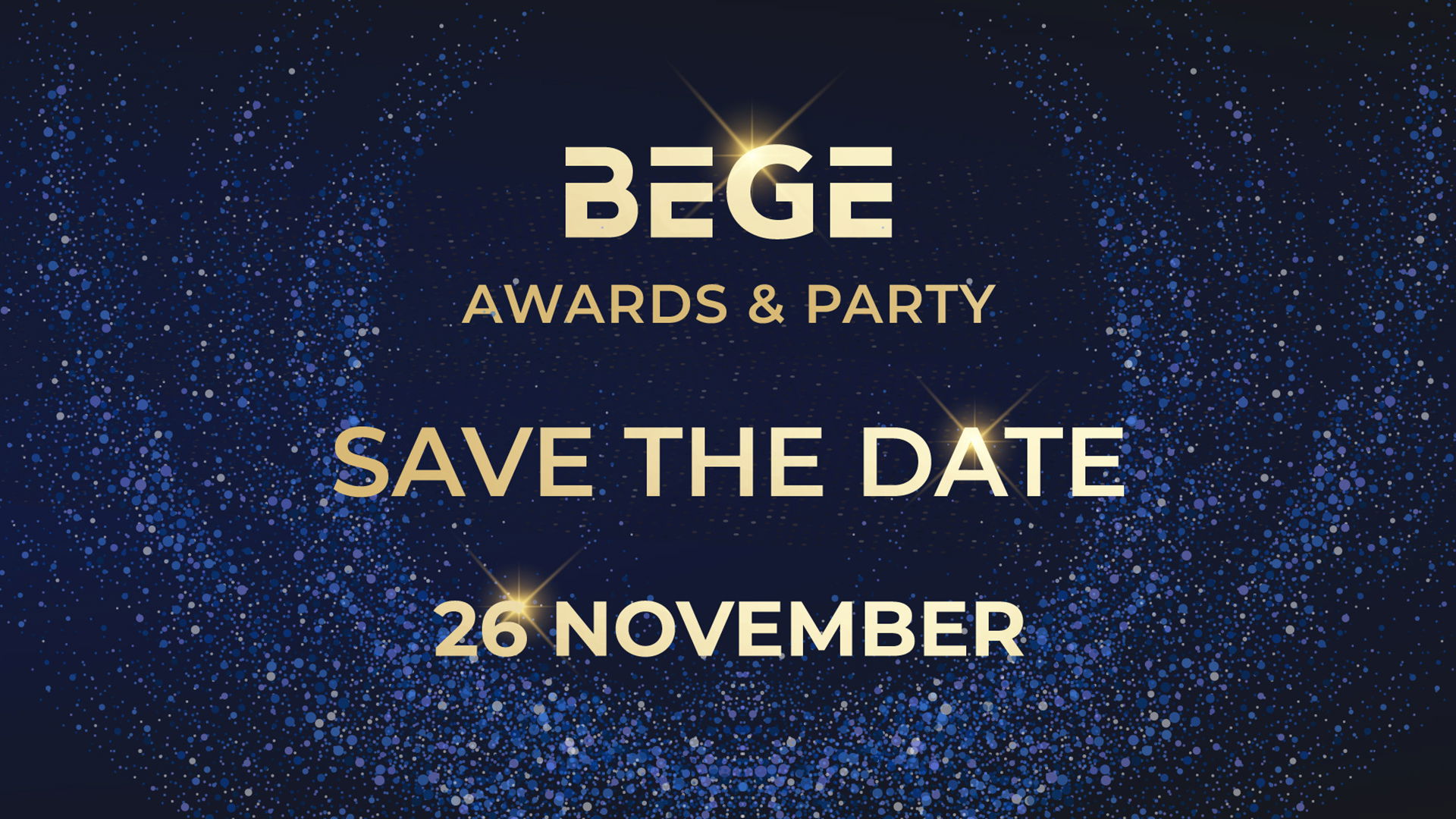Dutch gaming authority reveals new conditions for online gambling licences

The Dutch Gambling Authority (“KSA“) published Monday new information on the conditions that need to be met in order to obtain a licence for online games of chance.
General
Application fee: EUR 45,000 (not refundable, even if application is unsuccessful)
Applications are only taken into consideration when:
- the applications are complete;
- the applicants identity is clear; and
- payment of the application fee has been made.
Applications are to be accompanied by evidence (in some instances, such evidence is to be certified by an independent third party).
Categories of online games of chance
The Dutch market will offer four different licenses for the following activities:
- casino games in which players play against the licencee (operator);
- casino games in which players play against other players;
- betting on events in sports matches or the result of such matches;
- betting on horse-racing
Topics of interest
The KSA also gives an overview of the topics that will need to be addressed in an application for an online game of chance. Documents (or other information) evidencing the following will need to be submitted:
- reliability of the operator (e.g. prior criminal, administrative or tax-sanctions of the operator or key related entities/persons). This includes inter alia providing certified structure charts. Also refer to our earlier report about reliability guidelines here;
- policies to ensure that all the operators’ employees have (or are taught) the required expertise;
- business continuity of the operator and separation of players’ cash accounts and provision of an emergency “exit-plan”;
- having an anti-addiction representative and an anti-addiction policy (including education of employees on the risks of addiction);
- compliance with the general and specific rules of advertising and marketing;
- compliance with consumer protection rules;
ability to detect and report match fixing;
compliance with AML and Sanctions Act (especially the specific wwft-Guidelines on which we reported in July here);
compliance with all rules relating to outsourcing of activities, where such outsourcing is permitted; - presence of an adequate integrity policy;
- describing the payment transactions-process;
- able to vet players through identification and verification;
- operator’s ability to participate in CRUKS (the central player exclusion register); and
- provision of information about operators games to CDB (obligation to supply information to the Control Database, which we reported on earlier).
More Focus on Protection
The operators must also ensure that they have properly identified players before allowing them to gamble. This would include confirmation of the name, date of birth, address and place of residence of all players, based on a valid passport, identity card or driver’s license.
Kansspelautoriteit also confirmed plans to implement a nationwide self-exclusion system in the form of the Central Register for Exclusion of Gambling (CRUKS). Even though currently in development, all successful applicants must guarantee that they are connected to the system.


